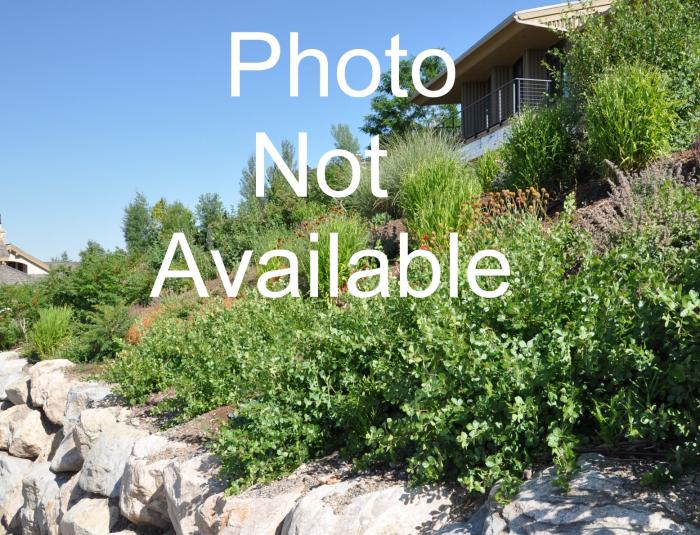| Botanical Name: Rhamnus frangula 'Columnaris' | |
| Common Name: Tallhedge Buckthorn |

-
Anatomy
-
Culture
-
Design
Plant Type
Shrub
Height Range
12-25'
Flower Color
White
Flower Season
Spring
Leaf Color
Dark Green
Bark Color
Brown, Red
Fruit Color
Black, Purple
Fruit Season
Summer, Fall
Sun
Full, Half
Water
Low, Medium
Growth Rate
Moderate
Soil Type
Sandy, Clay, Loam, Rocky
Soil Condition
Average, Rich, Poor, Well-drained, Dry
Soil pH
Neutral, Basic
Adverse Factors
n/a
Design Styles
English Cottage, Formal, Mediterranean, Ranch, Spanish
Accenting Features
Unusual Shape
Seasonal Interest
Winter, Summer
Location Uses
Background, Shrub Border, Foundation, Patio, Walls / Fences
Special Uses
Hedge, Screen, Mass Planting, Small Spaces
Attracts Wildlife
Birds
Information by: Stephanie Duer
Photographer:
Photographer:
-
Description
-
Notes
Tallhedge buckthorn is a deciduous, columnar shrub that typically grows in a narrow fastigiate shape to 12 to 15 feet tall and only 4 feet wide. Stems and branches are erect, close together and sometimes twining. Glossy, oval, dark green leaves retain their color well into fall, usually resulting in poor fall color. Small, whitish-green flowers appear in clusters in May thru June, and though not showy are none-the-less attractive to bees. Flowers are followed by berries that begin green but that ripen to purple in July, and while inedible to us are loved by birds. Bark is a deep brown to reddish-purple and is quite attractive in winter, especially when wet. An excellent hedge.
Grow in well-drained soil in full sun to part shade. Adapts to a variety of soils and pH. Plants may self-seed, but new seedlings are not always true. Plant 24 to 30 inches apart for a hedge that may be pruned to desired height.